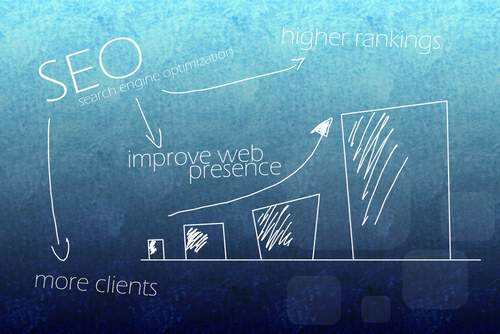
Top 3 Benefits From Running Your Own Affiliate Program in 2022 – Updated!
Let’s be realistic: Affiliate business can be a good source of income as long as your brainchild is popular and you know what your visitors want. Choosing relevant advertiser will guarantee your stable commission rates cashflow, make your visitors happy and thankful. Questions is, can you actually monetize your website, blog, messenger or social network page even further? Let’s consider a few possible options.
- Brand awareness
According the Edelman trust Barometer Special Report issued in 2019, 81% of all consumers across the globe agreed they’d need to be able to trust the brand they buy from. Large, mid-size and even small companies invest in their brand awareness and loyalty as it has a direct influence on the volume of sales. Typically, marketers mention advertising, sponsorship and events as the most common methods of brand awareness increase. Influencer and affiliate marketing would be part of the advertising method, but at its best. Influencers grow their audience steadily and positions themselves as reliable source of information, reviews and recommendations. For these very reasons mentioning a brand in a positive light changes the attitude towards it both on conscious and subconscious levels of thinking. Think about it next time you hear a brand mentioned in a 100K+ YouTube video.
- SEO
When you leave an affiliate link on your website, it may have a positive impact on rankings of the website you link to (advertiser). Search Engines would typically disregard nofollow links, and such platforms as Meta, YouTube, Instagram and absolute majority of other social networks allow just these. But, when it comes to a link from your personal site, the link is going to be dofollow be default. On the one hand, affiliate marketers need to be careful who they link to. On the other hand, a link can pass some SEO juice to the advertiser and act as another reason to choose “seo-friendly” affiliate marketer.
John Mueller, Google’s Analyst in Webmaster Trends, clearly states that affiliate links do no harm to the affiliate site reputation but should be marked as affiliate using rel=”ugc” or rel=”sponsored” links attributes. Is Google that strict about it? Doesn’t look like. Check out the recent article by Barry Swartz for more proof.
- Reputation management
According to BrightLocal marketing platform, 3 out of 4 consumers will trust any company considerably more if it is receiving positive online reviews. Online reputation management (ORM) services may cost anywhere from $500 to $50.000 per month and include working with images, videos, social mentions and of course reviews. Reviews are important and any positive recall of any particular company or brand could naturally have its market price. And let me give you two more facts as a icing on the cake:
- 88% of people perform online research before making a purchase of a product for the first time
- 82% of consumers are unlikely to chose a business with negative reviews
Bottomline.
Running an affiliate site could be fun if you work in the niche you know and love. That involves following the latest trends, reviewing things and services customers are interested in, being creative. When it comes to monetizing your affiliate site, you also need to be creative and look wider. Today we’ve discussed 3 ways to earn extra with your affiliate site and we hope you will be able to implement them in practice.
How useful was this post?
Click on a star to rate it!
Average rating 0 / 5. Vote count: 0
No votes so far! Be the first to rate this post.
In addition to being an editor for iDevAffiliate, Alex is a Digital marketer, SEO and PPC expert, copywriter and UX/UI consultant with tracked working experience since 2006. Tireless marketing learner, experimenter, analyst and practitioner. Holder of Master Degree in Applied Linguistics.





